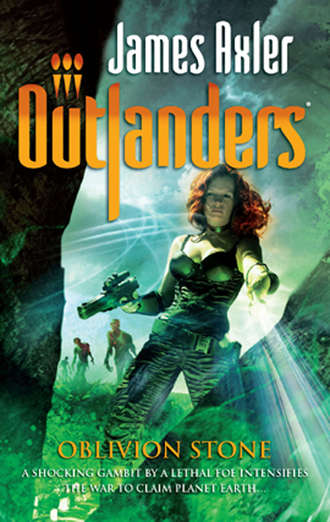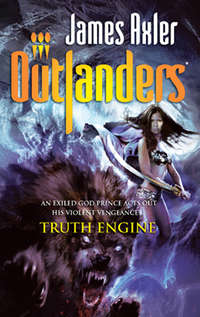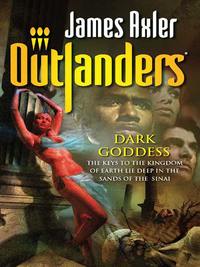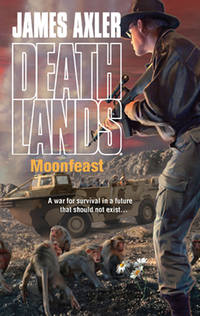Oblivion Stone

Полная версия
Oblivion Stone
Жанр: приключениязарубежные приключениякниги о войнесовременная зарубежная литературакниги о приключенияхсерьезное чтениеоб истории серьезно
Язык: Английский
Год издания: 2019
Добавлена:
Настройки чтения
Размер шрифта
Высота строк
Поля
Конец ознакомительного фрагмента
Купить и скачать всю книгу








